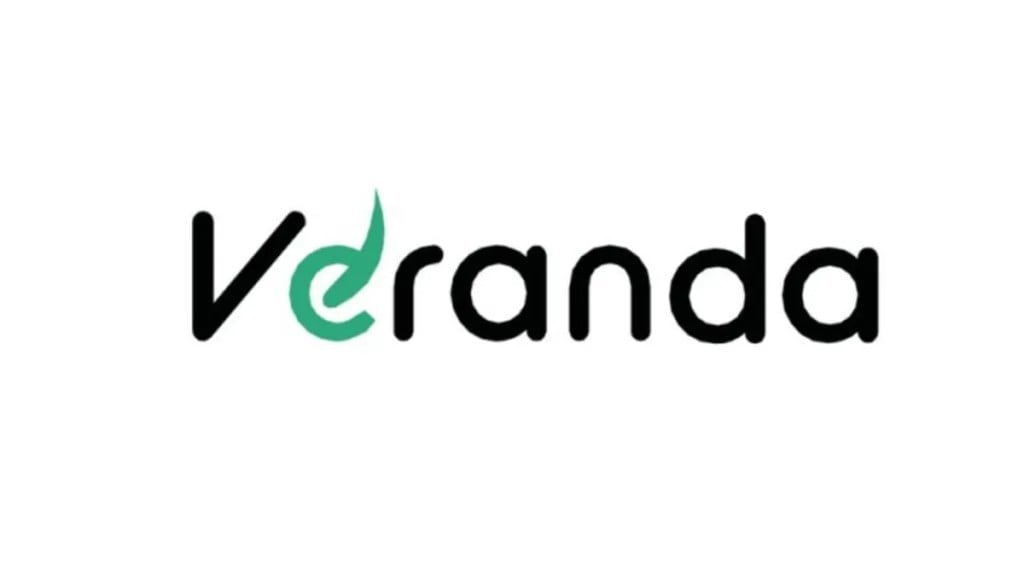Veranda Learning Solutions will now focus on organic growth after acquiring 12 education companies over the past few years, CEO Suresh Kalpathi told FE.
He said the company has completed its acquisition phase and will now concentrate on building value from existing operations. He added that the shift to organic growth will lower operational expenses, as acquisition-related costs will no longer apply.
The company has spent around Rs 1,200 crore on acquisitions since 2020 and posted its first profitable quarter in Q4FY25, with a profit after tax of Rs 8.4 crore compared to a Rs 38.4 crore loss a year earlier. Full-year revenue for FY25 reached Rs 518.3 crore, crossing the Rs 500 crore mark for the first time.
The company’s acquisitions helped build a portfolio across four segments: academics, commerce test preparation, government test preparation, and vocational training. Key acquisitions included Chennai RACE for Rs 100 crore in 2020, Edureka for Rs 245 crore in 2021, T.I.M.E. for Rs 287 crore in 2022, and JK Shah Classes for Rs 337.82 crore in 2022. In Q4FY25, it completed two more deals, a 40.4% stake in BB Virtuals and a 65% stake in Navkar Digital.
Veranda also plans to repay its entire debt of Rs 435 crore over the next two years. The company currently pays Rs 60-65 crore in annual interest. The debt was largely taken on to fund acquisitions that helped scale the company from Rs 2.5 crore in revenue in FY21 to over Rs 500 crore now.
To reduce its debt, Veranda has secured board approval to raise up to Rs 500 crore through a qualified institutional placement. The proposal awaits shareholder approval. The funds, along with internal accruals, will be used to achieve debt-free status.
For FY26, Kalpathi expects the company to maintain revenue growth of 30-35% and target a 25% Ebitda margin across its verticals. The commerce test preparation business, which contributes about half of total revenue, is expected to generate Rs 140-145 crore next year.
Kalpathi said the Q4FY25 profit signals a turning point for the company. He also noted that the broader edtech industry is adjusting expectations, focusing more on profitability than scale. He added that unlike quick commerce or other sectors driven by behavioural shifts, education is a mature field with more stable, long-term growth potential.
